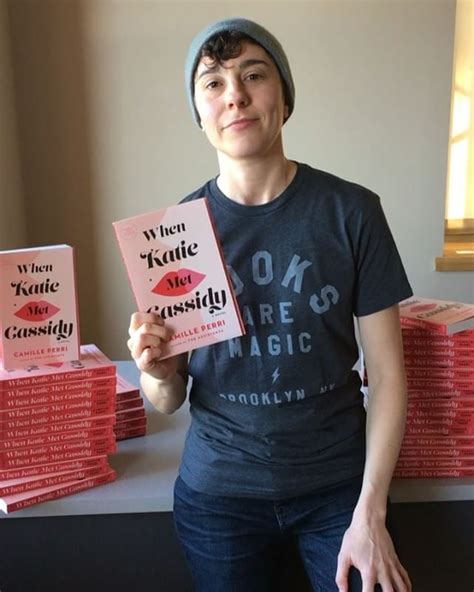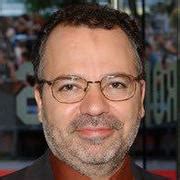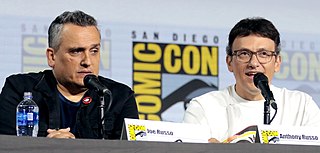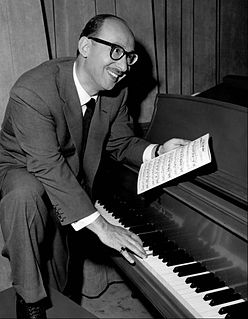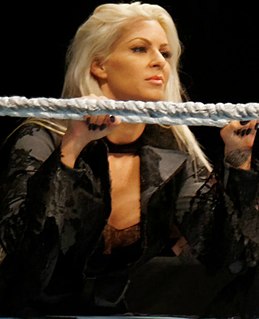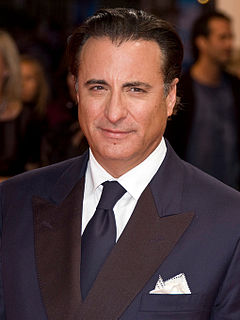A Quote by Camille Perri
One of my favorite things is to first read a novel and then see the movie. I enjoy picturing the characters and then later, seeing them on the screen, comparing how they're different.
Related Quotes
If I can give a young author any advice, whatsoever, never let anyone announce the film sale of your first novel. Film rights are sold to almost every novel, but it shouldn't be the lead story in your first engagement with the press. Then you end up getting reviews like "a novel made for the screen" and things like that.
I'll remember this to my grave. We all walked into a room to see the screen tests. The first screen test was Marion Hutton's. Then came Janis Paige [who ended up with a part in the film]. Then on the screen came Doris Day. I can only tell you, the screen just exploded. There was absolutely no question. A great star was born and the rest is history.
War today is such a more visible thing. We see it on television, on CNN. In 1914, war was a concept. There was a naivety and stupidity that war would be a great lark. It's not that different from Gone With The Wind, where all the young men can't wait to go off to fight and then two hours later in the movie, we see how the reality of that has come home to them.
'Paranormal Activity' had fifty versions because it was $250 to reshoot. We'd screen it, see one thing wrong, shoot for an hour, fix it, and then screen it again. You don't have to be disciplined about it. On a regular movie, you have to screen it and think of every problem, reshoot for three days and solve every problem, and then you're done.
I read the script for 'Somnia' when I was filming 'Oculus,' and I remember calling my manager going, 'I really need to do this movie,' and he's like, 'How about you finish this one first and then you see it?' I was like, 'I don't need to. I don't need to. You need to read this. I need to do this movie. The script is very good.'
